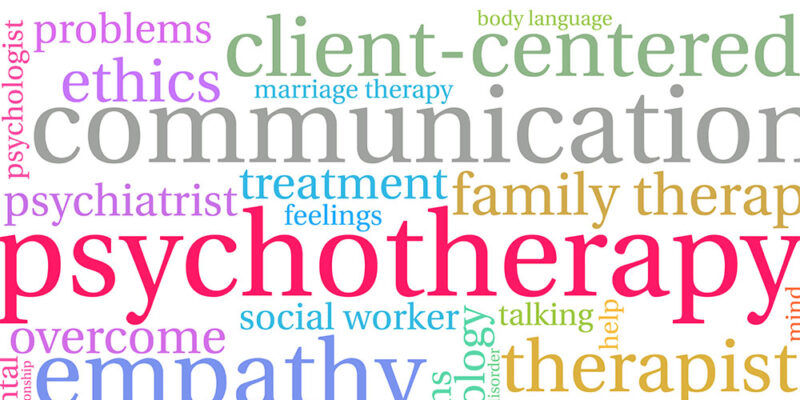The symptoms of Postpartum Depression appear in three spheres: emotional, physical, and cognitive.
Emotional Symptoms of Prenatal or Postpartum Depression
Symptoms commonly include: Low mood for most of the day, a feeling of loneliness, sadness, distress, anxiety, lack of patience, irritability, unexplainable angry outbursts, despair, emotional fragility, fear of inability to cope as a mother, crying, a feeling of indifference or even disgust towards the new baby, lack of desire to care for the baby, guilt, embarrassment, a feeling of failure, low self esteem, lack of motivation, self criticism and self-hatred, tension, pessimism, lack of interest in activities which were formerly enjoyable, avoidance of social interactions
Physiological Symptoms of Prenatal or Postpartum Depression
Chronically tired, uncomfortable bodily sensations, difficulty breathing, difficulty functioning and doing even small tasks, changes in sleep patterns—either too much sleep or insomnia, changes in eating habits—either overeating or lack of appetite, nausea and/or stomach aches, pain the chest or head, tiredness, changes in body temperature, trembling.
Cognitive (Mental) Symptoms of Prenatal or Postpartum Depression
Lack of concentration, difficulty in making decisions, confusion
In certain circumstances of deep depression a person may think often about death or suicide. If one has a concrete plan about suicide they must go the hospital emergency room or see a psychiatrist immediately
In a nutshell a list from the DSM of symptoms one might have if depressed
- Low mood for most of the day, loss of interest in normally enjoyable activities, nearly every day
- Loss of weight—not deliberately, and loss of appetite
- Recognizable difficulty falling asleep or sleeping
- Change in level of activity
- Tiredness and lack of energy
- Strong feeling of low self-esteem and/or guilt
- Inability to think, concentrate, and make decisions—almost every day
- Thoughts of suicide
 ניצה
ניצה





